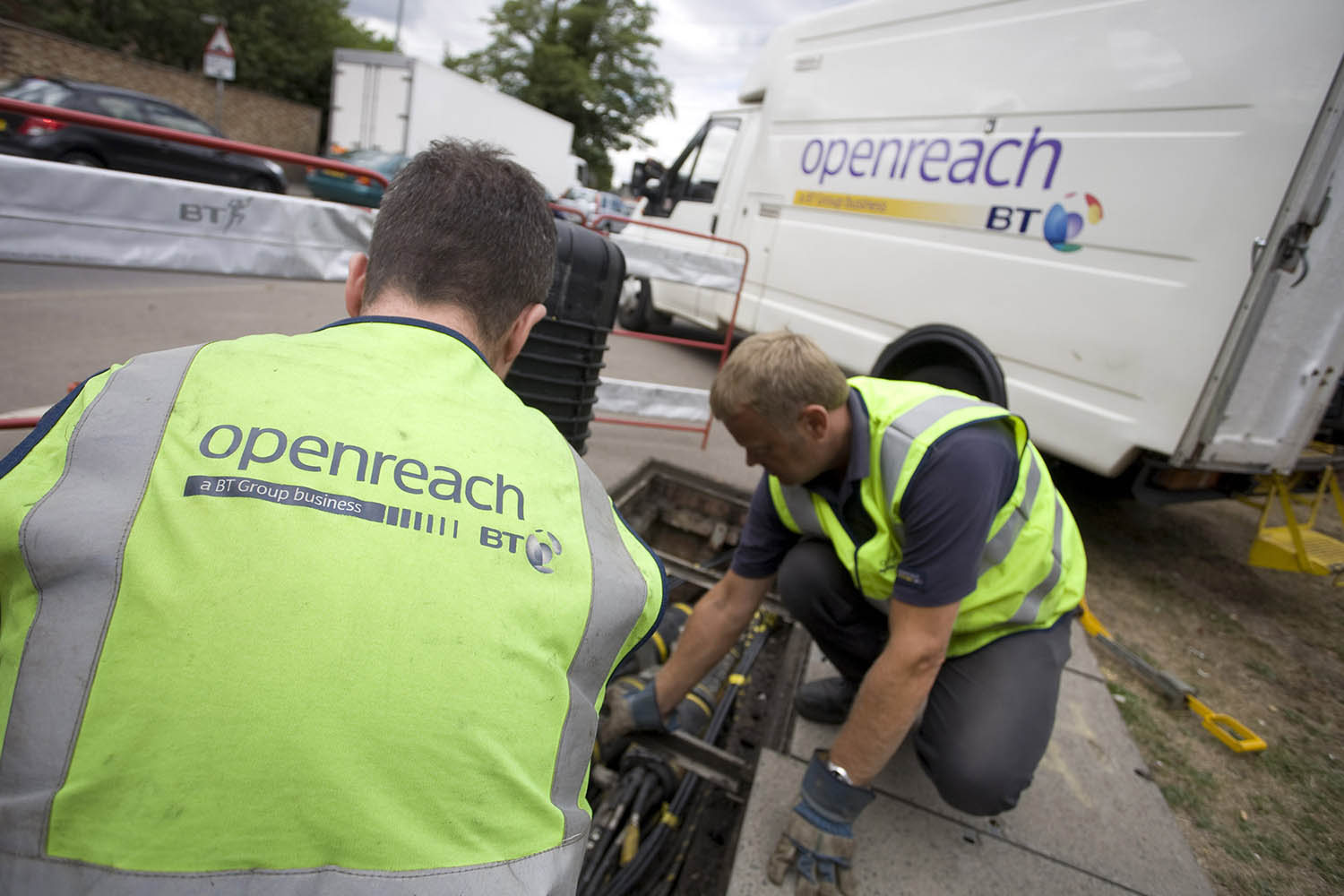Britain’s official unemployment rate rose to 4.7% in the three months to May, reaching the highest level since June 2021, according to data from the Office for National Statistics released last week.
Answering precisely why the UK’s job market is cooling is an inexact science, not least because the ONS has had persistent problems with its labour force survey.
Rises in employers’ national insurance contributions, a new living wage, and cost savings from implementing artificial intelligence are all cited as contributing to businesses’ reluctance to hire. Inflation, elevated interest rates and trade wars may have a hand too.
So what can we say for certain? First, data shows that vacancy rates, which have fallen for 36 consecutive periods, are now well below pre-pandemic levels. Those vacancies have fallen further and faster in low-paying sectors such as hospitality and retail, suggesting that the increase in employer NICs in April is a factor.
Second, the slowdown is hitting younger workers harder. Since October 2024, the change in the number of payrolled jobs for people aged 18 to 24 dropped 1.2%, according to calculations from the Resolution Foundation. For the population as a whole it dropped 0.6%.
Third, wage rises are slowing. Those lucky enough to be in work for the last 12 months saw their wages rise 1.8% on average excluding bonuses. For those who aren’t, the picture is bleak. Only 26% have emergency savings according to Hargreaves Lansdown Savings & Resilience Barometer.
What about the much-heralded AI jobs armageddon? In a survey by employment researchers LHH of 200,000 workers laid off in 2024, 12.4% cited AI as a factor in their layoffs, while 1.4% said AI directly replaced their role.
It’s easy to play the blame game – and companies are doing it too. BT has announced plans to cut up to 55,000 jobs by 2030, with up to a fifth of these reductions coming from automation of roles. Klarna, the payments platform, has been explicit about realising similar efficiencies from AI.
“We’re now at a point where many economists are going to have to revisit the blasé assumption that AI’s only impact is raising productivity,” says Nye Cominetti at the Resolution Foundation.
For information about how The Observer protects your data, read our Privacy Policy.
Photograph by Chris Ratcliffe/Bloomberg via Getty
